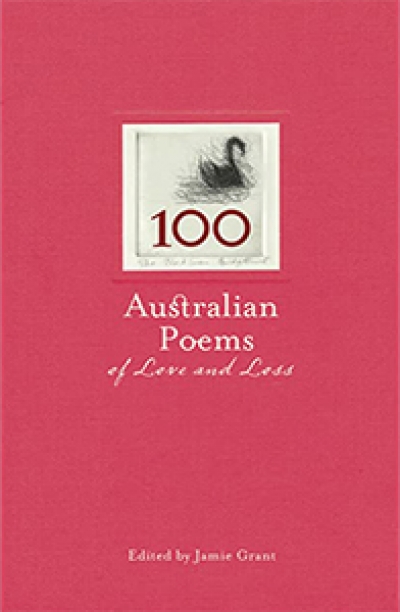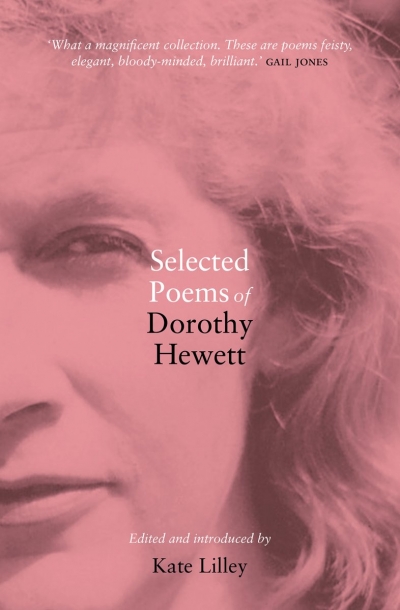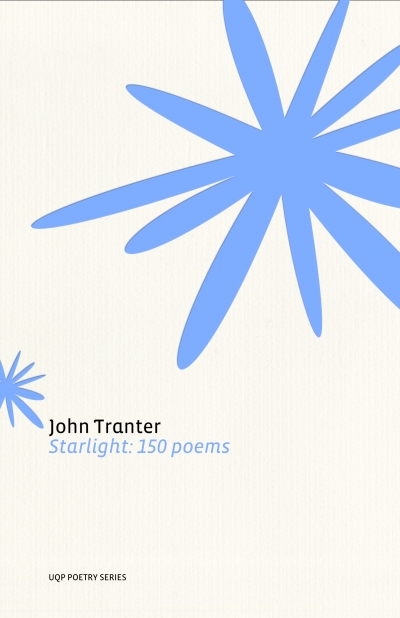Accessibility Tools
- Content scaling 100%
- Font size 100%
- Line height 100%
- Letter spacing 100%
Australian Poetry
Seasons of doubt & burning: New and selected poems by Robyn Rowland
by Maria Takolander •
A Cool and Shaded Heart by Noel Rowe & Ethical Investigations by Noel Rowe
by David McCooey •
A Local Habitation: Poems and Homilies by Peter Steele, edited by Sean Burke
by Philip Harvey •
Starlight: 150 Poems by John Tranter & The Salt Companion to John Tranter edited by edited by Rod Mengham
by Gig Ryan •








